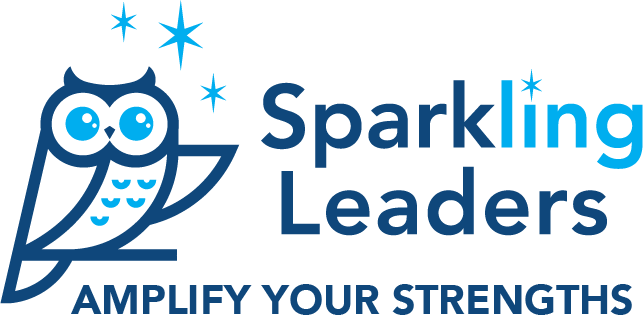Choosing Our Internal Narratives: A Personal Reflection
I'm excited to lead a session next week on internal narratives with my colleague Laura Reid! With only 60 minutes to explore this huge topic, I've been reflecting on what matters most about the stories we tell ourselves.
Are Our Narratives Supporting Us?
Many of us have an active internal narrator providing both supportive and less supportive commentary. My goal is to strengthen my supportive narrative!
Example supportive internal narratives:
Self-management: instructions on how to accomplish something
Self-reinforcement: congratulating yourself or offering personal encouragement
Example less supportive internal narratives:
Social Assessment: endlessly replaying something you said
Self-Criticism/doubt: harshly judging what you said or did
What Childhood Stories Shape Your Narratives
Reflect on stories from books or movies or shows that influenced you.
One book that influenced me was The Very Hungry Caterpillar by Eric Carle. As a child, I loved the counting, poking my fingers through the holes, the colorful foods, and the transformation into a butterfly. It seemed so simple – follow your instincts and naturally become something amazing.
Now as an adult, I notice how my mood influences which lessons I extract from this simple story:
"You need to figure out what works for you" vs. "Here are the specific things you should do"
"Cocooning is powerful, a time for self-renewal" vs. "Cocooning is scary, requiring self-protection"
"Inside you is a beautiful butterfly waiting to emerge" vs. "You must transform yourself to be seen as beautiful"
I've realized these interpretations stem from other life experiences, not the story itself. I also realize that my love of trying to synthesize a lot of learnings into images grew out of my positive early learning experiences*.
What if We Could Choose Our Narratives?
What if we could rewrite our stories?
Instead of hearing "you can be anything you want" and interpreting it as "you must be everything," I could think, "I can be whatever I want in this moment, and whatever I choose is right for me now." I am creative, curious, and powerful.
Recently, a client shared how she identifies with Gretel from "Hansel and Gretel" and other strong heroines. She actively chooses her narrative, connecting with characters who embody strength and resourcefulness.
In our upcoming session, we'll guide participants to:
Reflect on a personal success story
Identify which elements of that story serve them well
Recognize which elements no longer support them
Explore character strengths that resonate personally
Create a new inspirational phrase as a supportive alternative to negative self-talk (more on this in a future post)
What stories have shaped your internal narrative? And more importantly, which parts will you choose to keep?
*As a scientist, I remember questioning how a butterfly could come out of a cocoon. I love Eric Carle’s response to the inaccuracy (courtesy of Wikipedia).
"And here's my unscientific explanation: My caterpillar is very unusual. As you know, caterpillars don't eat lollipops and ice cream, so you won't find my caterpillar in any field guides. But also, when I was a small boy, my father would say, 'Eric, come out of your cocoon.' He meant I should open up and be receptive to the world around me. For me, it would not sound right to say, 'Come out of your chrysalis.' And so poetry won over science!"

